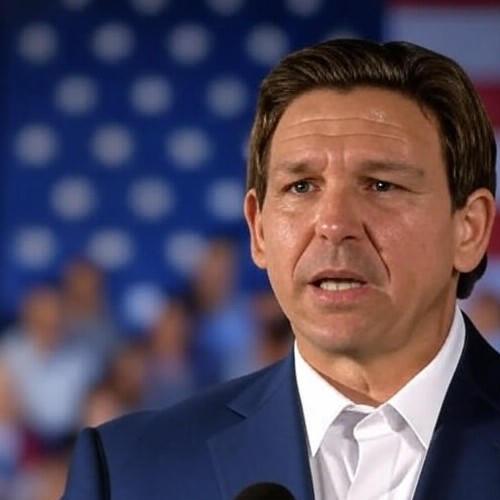Florida Republican Governor Ron DeSantis and his team wasted no time refuting a claim that students in the state had been barred from reading “The Diary of Anne Frank.” California Democratic State Senator Scott Wiener made waves on X, asserting that the book was banned. He tweeted, “Florida banning the Diary of Anne Frank tells you everything you need to know about the MAGA movement.” This bold statement quickly drew a response.
A community note soon clarified the issue, stating, “Diary of a Young Girl, by Anne Frank, is part of the 8th-grade curriculum of the Florida Department of Education.” This note included a link to the official Florida Department of Education website, which confirmed that the book is indeed on the “suggested book list” for eighth graders. Another document on the site reinforced this point.
It seems that Wiener may have been alluding to an unrelated decision made by one Florida high school in 2023. That school opted to remove “Anne Frank’s Diary: The Graphic Adaptation,” a version that included graphic content. Critics, including a leader from Moms for Liberty, raised concerns about its sexualized material, which featured scenes of two female characters suggesting they reveal their bodies to one another. They argued that it trivialized the horrors of the Holocaust.
Christina Pushaw, who serves as the rapid response director for DeSantis’s 2024 presidential campaign, shot back at Wiener’s claims. “This is just a lie,” she declared on Twitter, emphasizing, “Not only is Anne Frank’s diary not ‘banned’ in Florida — it’s on @EducationFL’s recommended reading list.” She asserted the truth straightforwardly, leaving no room for doubt about the book’s place in Florida’s educational curriculum.
DeSantis himself chimed in, reinforcing Pushaw’s message. He noted, “This is not the first time a leftist has accused Florida of ‘banning’ a book that is on the state’s recommended reading list.” He concluded with a decisive comment: “Another lie debunked.” This interaction reflects a broader pattern where those on the left have accused Republican officials of trying to censor various books, often failing to mention the sexual content or themes that underlie the decisions surrounding these titles.
The back-and-forth over this issue underscores a deeper conversation about educational content and the role of parental influence in schools. DeSantis and his supporters argue that the selections reflect a commitment to protecting children from inappropriate material while still encouraging historical education through works like Anne Frank’s diary.
This incident does not exist in a vacuum. It fits a troubling trend where politically charged issues surrounding education and censorship collide with misrepresentations that fuel further division in a polarized environment.
In the realm of public discourse, it’s vital to differentiate between genuine educational goals and politically motivated assertions that may distort reality for gain. Each assertion about “banning” books must withstand scrutiny that includes considering the content itself and its appropriateness for the age group in question.
Ultimately, individuals like Wiener may drive narratives that appeal to their constituents. However, in doing so, they risk oversimplifying complex discussions about education. This situation serves as a critical reminder of the importance of seeking truth amid a cacophony of claims and counterclaims in today’s political climate.
"*" indicates required fields


